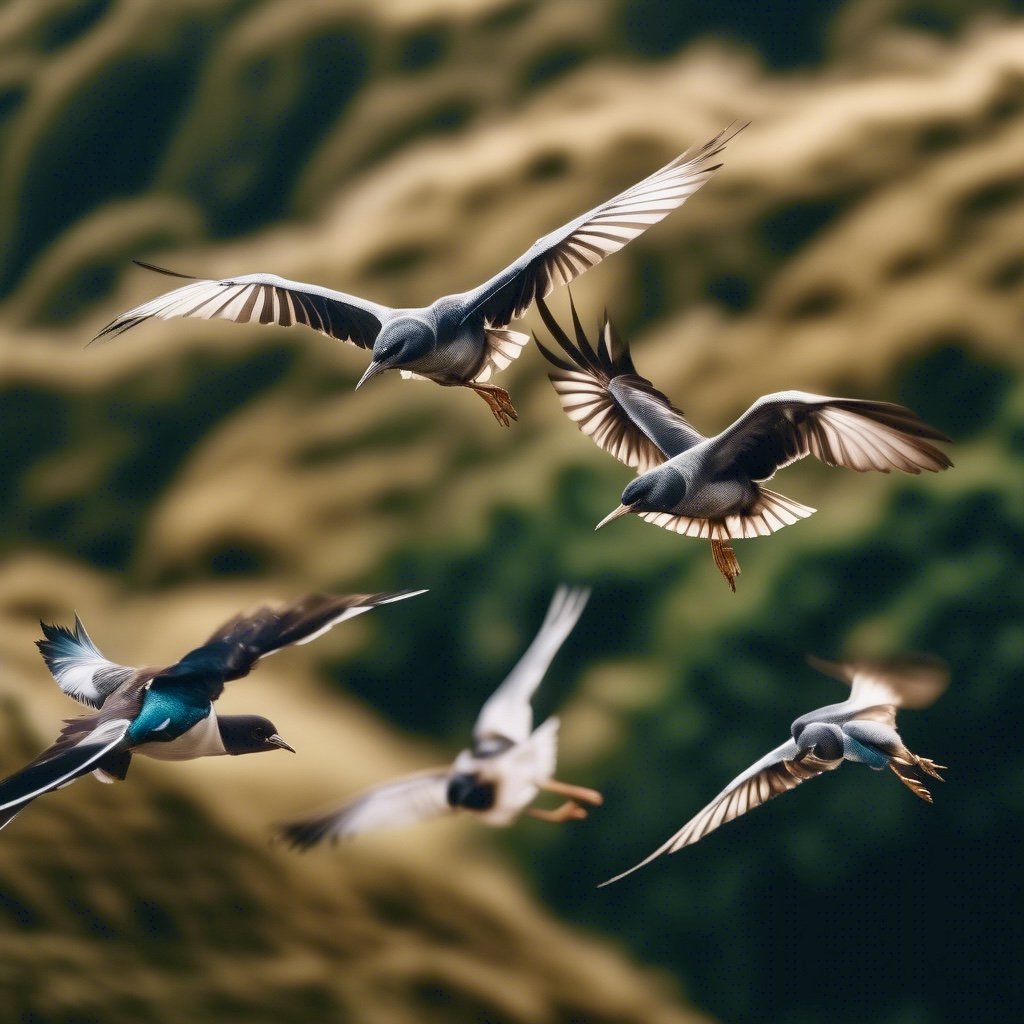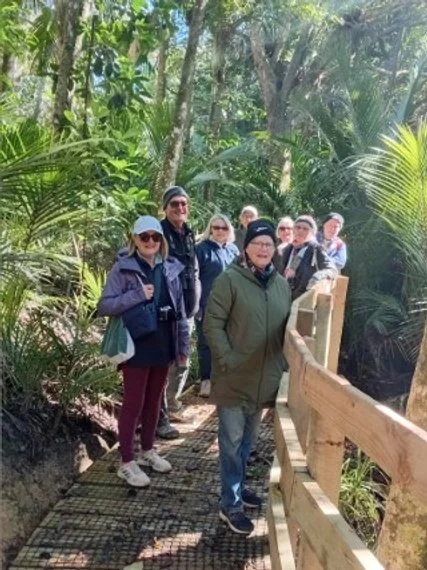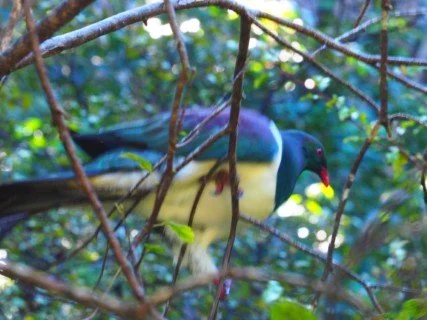
Ornithology/Bird Watching
Our information sheet coming soon
Our group meets every second Wednesday of the month, between 10.00 am and 2.00 pm, tides permitting.
Most meetings will involve field trips to various venues mainly on our coastline.
Some meetings will take place in member’s homes.
Check the Group Calendar for specific meeting information
Convenors: Ken Cutforth, Joy PaxtonEmail Ken & Joy
“Everyone likes birds.
What wild creature is more accessible to our eyes and ears, as close to us and everyone in the world, as universal as a bird?”
Sir David Attenborough
2026 Events
February 11th - “Why do birds sing?”, Joy Paxton:
A well attended meeting at Co Convenor Joy Paxton’s home at Scotts Landing explored the subject of Why do Birds Sing? A well researched book by the same name was written by Dr Grianne Cleary and published in September 2025; there were at least 4 copies in the room! We have often used the term `bird brain’ in a disparaging way; it transpires that birds are extremely clever and use song for multiple purposes, e,g. To attract a mate, to warn of danger, to mark out territory, to mimic, or simply to show off.
2025 Events
November 12th - Auckland Zoo Visit:
Two carloads of bird watchers visited the Auckland Zoo and were treated to some excellent experiences. The `Flight Centre' is an open seating area flanked by native bush. The bird keepers called a range of colourful South American parrots, galahs and cockatoos and they swooped over the assembled gathering from one keeper to another, Our group was seated beside a 6 year old class and we were just as spellbound as they were. When we visited the takahe area, when we were trying to determine the sex of the two mature birds they answered our question by performing an act!
For some, it was their first visit to the Zoo in several decades; we were most impressed, and particularly with the staff's care of the animals and birds and their willingness to share their knowledge.
October 8th - Visit to Songbird Retreat, Matheson Bay:
Following a generous morning tea provided by our hosts, our visit was particularly successful when numerous kaka escorted us as we walked down a Te Kohuroa track to Mathesons Bay.
We also saw a dunnock, several piwakawaka, and heard a number of Pipiwharauroa (shining cuckoo). The track is flanked by magnificent Kauri, Rimu, and numerous other native species. We are very fortunate to have some very knowledgeable ‘birders’ in our group.
September 10th - Members’ research on loss and degradation of bird habitat & species:
11 members enjoyed a lively discussion regarding the loss/degradation of our native bird habitat. Urbanisation, the significant reduction in wetlands, and other land use has impacted on our native species. Climate change, the Incidence of weeds on braided rivers attracting predators, and vehicles having beach access were also cited as placing birds and their nests at risk. Bird species referenced included wrybills, skylarks, pipins, black fronted stilts, bitterns, takahe and raptors.
August 13th - Trip to Tawharanui, bird count:
Counted/heard 23 species of birds including at least a dozen of big fat kereru..
May 26 - Visit to Cue Haven:
Our group was well received by a very hospitable Thomas and Mahurkh. We walked to the top of the 40 acre property “Cue Haven” a thriving, self-sustaining, community native forest reserve with Thomas as a knowledgeable guide.
While bird life was a little scarce on a windy day, the bush restoration and views of the Kaipara were outstanding.
March 13 - Visit to Tawharanui:.
An enthusiastic group of Bird Watchers (and listeners) were not disappointed with our visit to Tawharanui to listen to bird song. The noisiest were the bellbirds korimako although the tui gave them a run for their money! Whiteheads popo kotea, saddlebacks tieke, banded rail moho pereru, (who were more interested in foraging than singing), kereru, whose flight makes a whooshing sound, and a baby takahe honking for its parents, piwakawaka all put on a show, many daring to come on the same eco trail as us. The baby takahe is considered to be the first born in a public place in NZ. For those interested in enjoying such an experience, make sure you go early (before 9.30 am) and walk slowly through the ngahere.
Takehe chicks feeding



